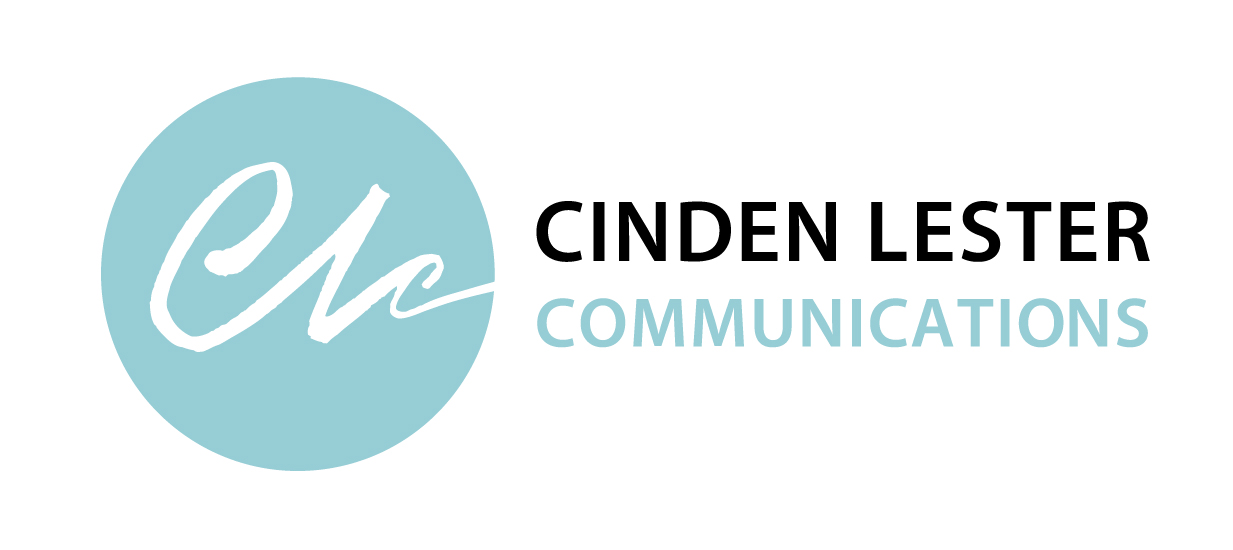In broadcasting, interviewees or spokespeople are often referred to as ‘talent’. Good talent provides quotable quotes and adds colour and personality to your video. But how do you ensure good talent?
My colleague and experienced video producer Cathy Reid has written a series of short articles about producing successful online videos. Here is the fourth article in the series.
 If you’re interviewing someone for quotes in an online video, you want them to be good talent. That means the person in the hot seat needs to be relaxed and comfortable in front of the camera. If possible they should forget the camera is even there.
If you’re interviewing someone for quotes in an online video, you want them to be good talent. That means the person in the hot seat needs to be relaxed and comfortable in front of the camera. If possible they should forget the camera is even there.
Here are some tips to help you get the best from people you are interviewing.
When you’re lining up the interview, remind your interviewee to be prepared with three key messages. Knowing they have their main points down pat will give them more confidence going into the interview.
You can help put your interviewee (talent) at ease:
- Have an informal chat as you are setting up and let them know when you are about to begin recording.
- Start by asking them to state and spell their name and title on camera. This ensures you have the correct spelling.
- Follow up with a few more easy, safe questions like how long they’ve been working with the organisation and what they like most about their job. This helps them settle into the interview rhythm and can sometimes provide good quotes.
- Unlike some current affairs style interviews, you’re not trying to catch them out with curly questions. In fact, chances are this is a great opportunity to work together to get your organisation’s messages across. Reassure them that the interview is pre-recorded and they can start again if not completely happy with any answer. Likewise, don’t be afraid to ask them to re-answer a question if they stumble or the information is incorrect.
Another useful technique is to ask your interviewee to include the question in their answer. This gives them a moment to collect their thoughts and gives you a self-contained statement to work with later when you’re editing.
So the response to the question: ‘How has this project affected X, Y, Z?’ can begin with: ‘This project has affected X, Y, Z in a few ways. For example…’.
Here are some more pointers for successful interviews:
- coach your interviewee to help them help you – prepare your questions and run through with them before hand
- ask if they have any questions before you begin the interview
- be an active interviewer – pick up on additional points of interest during the interview
- ask open-ended questions
- get the basic information – who, what, when, where, why and how
- if you are not obscured behind the camera, provide an occasional nod or smile to encourage your interviewee
- ensure your interviewee has delivered their key messages
- help them to avoid jargon by asking them to explain
- don’t interrupt
- at the end, always ask ‘Is there anything you’d like to add?’ – by this stage your interviewee has usually warmed up and this last open-ended question often results in a good quote.
| Cathy Reid has produced numerous YouTube videos for government. Cathy Reid and Cinden Lester are former broadcast journalists who have both produced hundreds of television news stories – researching, interviewing and working with camera crews and editors to create these short, sharp videos. They draw on this experience when producing videos for government and private sector clients. |
